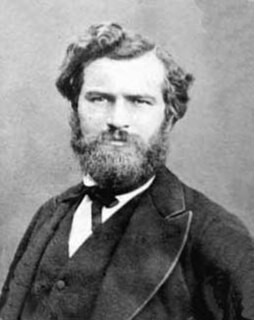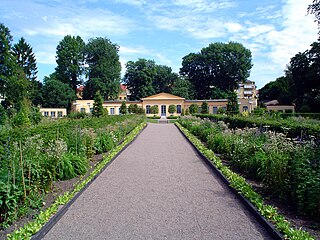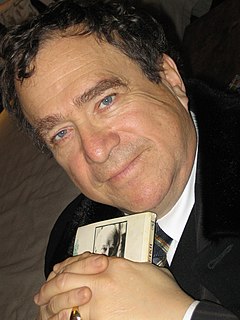
Marie Ennemond Camille Jordan was a French mathematician, known both for his foundational work in group theory and for his influential Cours d'analyse.

The International Code of Nomenclature for algae, fungi, and plants (ICN) is the set of rules and recommendations dealing with the formal botanical names that are given to plants, fungi and a few other groups of organisms, all those "traditionally treated as algae, fungi, or plants". It was formerly called the International Code of Botanical Nomenclature (ICBN); the name was changed at the International Botanical Congress in Melbourne in July 2011 as part of the Melbourne Code which replaced the Vienna Code of 2005.

The International Union of Biological Sciences (IUBS) is a non-profit organization and non-governmental organization, founded in 1919, that promotes the biological sciences internationally. As a scientific umbrella organization it was a founding member of the International Council for Science (ICSU).

The Global Change Research Act 1990 is a United States law requiring research into global warming and related issues. It requires a report to Congress every four years on the environmental, economic, health and safety consequences of climate change.

Vladimir Nikolov Damgov was a Bulgarian physicist, mathematician, union leader and parliamentarian. He contributed particularly to the application of Chaos theory to mechanical and radiophysical systems as well as to space exploration and space studies.
The International Union of Food Science and Technology (IUFoST) is the global scientific organization and voice for food science and technology representing more than 300,000 food scientists, engineers and technologists through its work in more than 100 countries. It is a voluntary, non-profit association of national food science organizations. IUFoST is the only elected scientific representative of Food Science and Technology in the International Science Council (ISC), elected by its peers across scientific disciplines. It is the only global representative of food science and technology to notable organizations such as the World Health Organization (WHO), Food and Agriculture Organization (FAO) of the United Nations, United Nations Development Programme and (UNDP), CODEX Alimentarius.

Albert Châtelet was a French politician and mathematician.

Percy John Daniell was a pure and applied mathematician.
The Proceedings of the USSR Academy of Sciences was a Soviet journal that was dedicated to publishing original, academic research papers in physics, mathematics, chemistry, geology, and biology. It was first published in 1933 and ended in 1992 with volume 322, issue 3.
Paleontology or palaeontology is the study of prehistoric life forms on Earth through the examination of plant and animal fossils. This includes the study of body fossils, tracks (ichnites), burrows, cast-off parts, fossilised feces (coprolites), palynomorphs and chemical residues. Because humans have encountered fossils for millennia, paleontology has a long history both before and after becoming formalized as a science. This article records significant discoveries and events related to paleontology that occurred or were published in the year 1999.
The International Union for the Study of Social Insects has at its purpose to promote and encourage the study of social insects and other social organisms in the broadest sense. Both research and the dissemination of knowledge about social insects and other social organisms through publications, educational programs, and activities are encouraged. The Union further pursues these objectives via the organization of Congresses and Symposia, publication of the journal Insectes Sociaux, and recognition of distinguished service with awards. National and regional sections play a key role in the IUSSI, with the sections organizing meetings, symposia, and newsletters.

Desmostylidae is an extinct family of herbivorous marine mammals belonging to the order of Desmostylia. They lived in the coastal waters of the northern Pacific Ocean from the Early Oligocene (Rupelian) through the Late Miocene (Tortonian) existing for approximately 26.7 million years.
Kinnosuke Ogura was a Japanese mathematician and historian of mathematics.
The International Association for Lichenology (IAL) is an organisation that encourages the understanding of lichens and lichenology, and promotes their study and conservation worldwide. It unites lichenologists across the globe, as well as national and regional organisations into one group. It is affiliated to the International Union of Biological Sciences (IUBS). The IAL organises field courses and excursions, as well as symposia which are the biggest events in lichenology on the international level. The 8th International Symposium will be held in Helsinki, Finland, in August 2016.
Rolin-Louis Wavre was a Swiss mathematician.

Nikolaos J. Hatzidakis was a Greek mathematician.
André Gérardin was a French mathematician, specializing in number theory and calculating machines used in factoring large positive integers, finding primes, and calculating quadratic residues modulo a given positive integer.

Johan Antony Barrau was a Dutch mathematician, specializing in geometry.
Frédéric Ladislas Joseph Marty was a French mathematician.

Bohuslav Hostinský (1884–1951) was a Czech mathematician and theoretical physicist.












